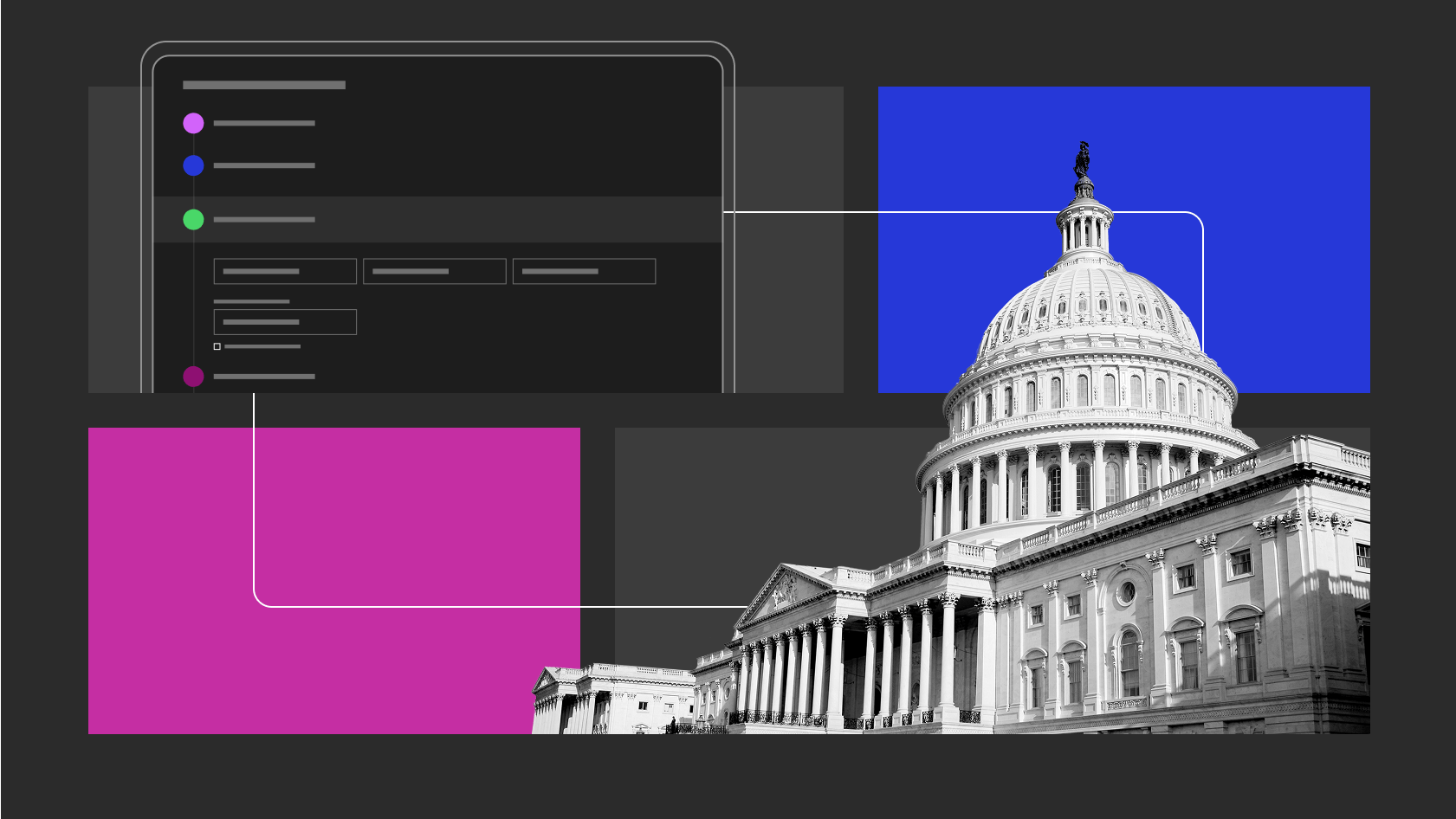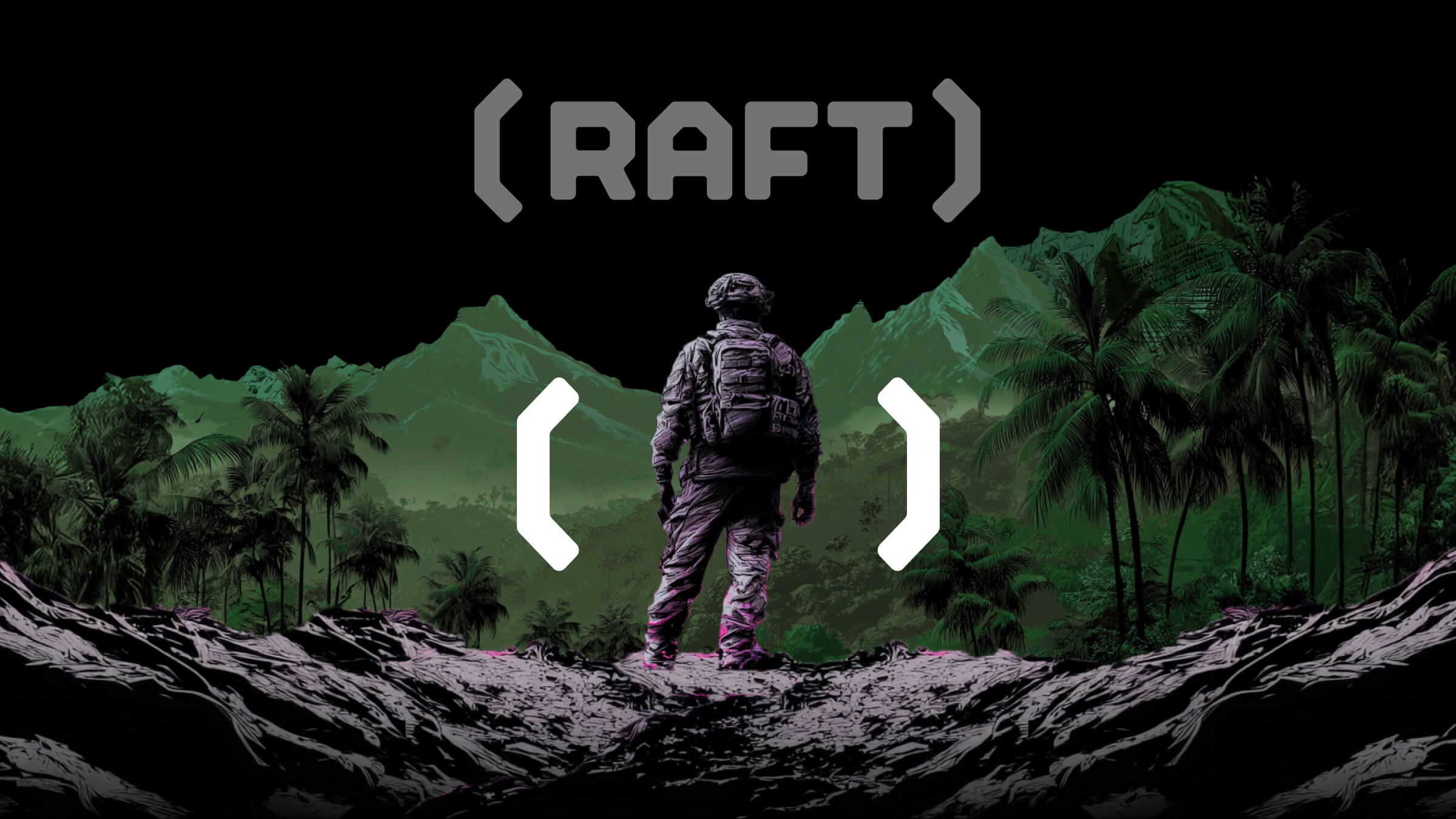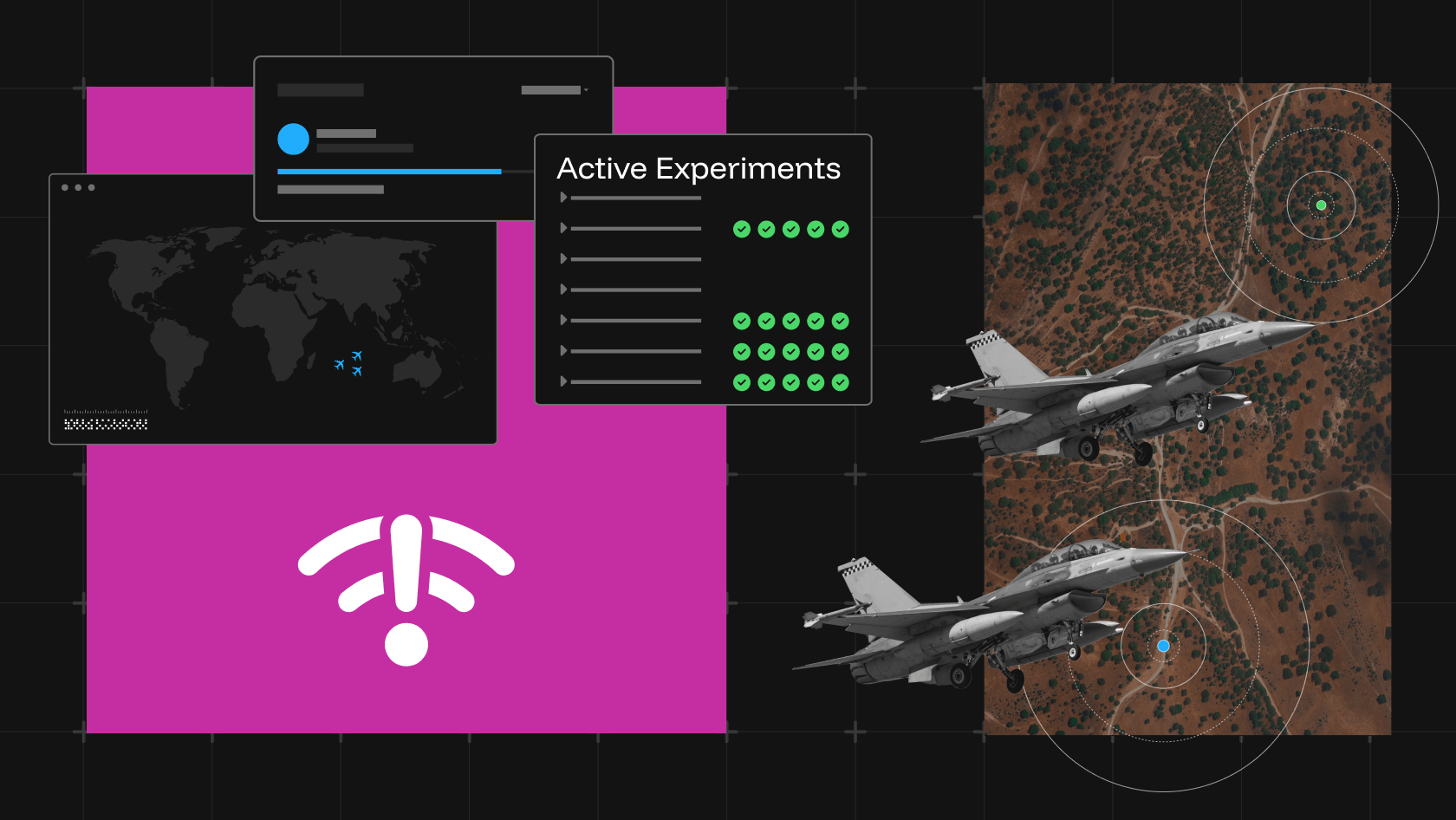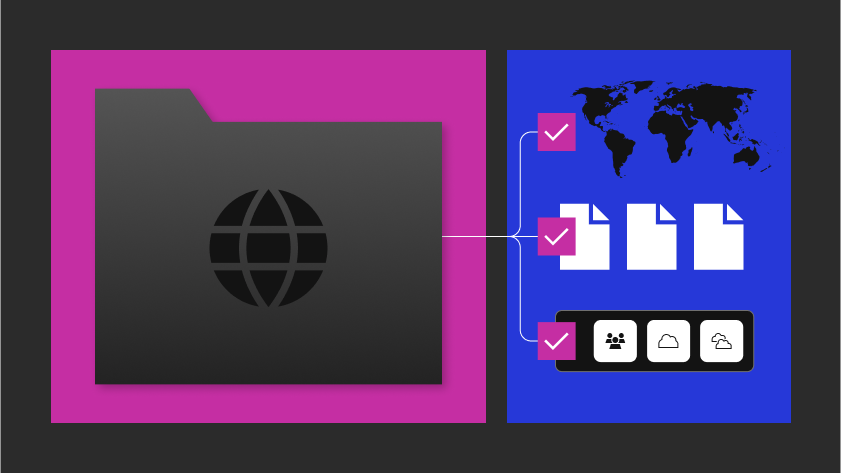Words By: Trey Coleman | Chief Product Officer, Raft
When I was an Air Operations Center commander, I didn’t appreciate the role of software platforms in my weapon system. All I knew was that I needed access to my applications and data 24/7, no matter where I was.
It turns out, the software platform is the key to everything. It’s the infrastructure that the entire system depends upon. And because it is so critically important to everything we do, how the government acquires the platform is just as important to how it is built.
The DoD shouldn’t settle for license-based platforms. That’s a fast trip to vendor lock-in. Instead, the DoD should require platform vendors to prove their mettle every day or risk being replaced.
When I say “platform,” I’m referring to two different things. The first, and most foundational, is the general infrastructure platform that our systems run on. This is the equivalent of our operating system. The DoD ecosystem uses several platforms, with names you’d recognize like “Platform One,” or “Unified Platform.” These are just some of the big ones. Many industry solutions use their own platforms as well.
There’s nothing wrong with having multiple platforms. In fact, redundancy is inherently resilient. The important thing is that the data is easily interchangeable between platforms.
The second type of platform is the data platform, sometimes called data fabric or data mesh. This is the platform that ingests data, transforms it, labels it, and outputs it to the application or user interface. The data platform runs on the software platform. Again, there are several examples of data platforms in the DoD ecosystem.
The platform market was once a highly competitive product market, but today, platforms are increasingly becoming commodities. Just about any self-respecting digital services company can build a good platform, or you can just use one that already exists.
Surely, some platforms are better than others, but the differences can often be found on the margins: a slightly better user interface, easier data integration, quicker messaging speeds. These are important criteria, but no single platform has a tight grip on the most competitive features.
One of the most obvious differentiators in platform offerings may not be the technology at all, but instead, the pricing model.
Some vendors have chosen to provide platform solutions through licensing or subscription models. I don’t think this is the right model for platforms. Licenses expire. Subscriptions end. If the platform is the foundation for the entire system, the government makes itself entirely beholden to the service provider if it only has a license or subscription to use the platform.
Acquiring your platform through licensing or subscription is like buying your car but renting the road. The car is useless without the road, and if you spend all your money paying for your road subscription, what’s left to invest in the car? The government should own the road.
Look to the commercial sector as an example. Apple doesn’t make you subscribe to their platform. When you buy an iPhone it’s yours to keep. Apple even provides updates to the operating system over time. But they provide a very convenient App Store where you can buy, rent, or lease (subscribe to) product offerings from Apple or any other vendor.
Own the platform. Rent the apps. That’s the commercial model.
At Raft, we believe in a modular approach to government procurement. Our platforms are sold with government rights, because we believe the government should own the platform (we’ll help you build it and sustain it). We work with whatever user interface the customer prefers (although we’re happy to recommend a few of our favorites). And our apps work on our platforms or anyone else’s.
By adopting a modular approach, we enable the government to procure the exact solutions needed for their unique challenges, ensuring flexibility, control, and cost-efficiency. Our platforms and our teams integrate seamlessly, providing a robust foundation that empowers data-driven decisions, enhances operational efficiency, and supports mission success. Our customers aren’t locked in. They just love what we deliver.
Raft flips the script on government procurement, providing modular options that enable the warfighter to make better decisions, faster.



![Raft [R]DP Blog Post - Thumbnail Image](https://teamraft.com/wp-content/uploads/Raft-RDP-Blog-Post-Thumbnail-@2x.jpg)



